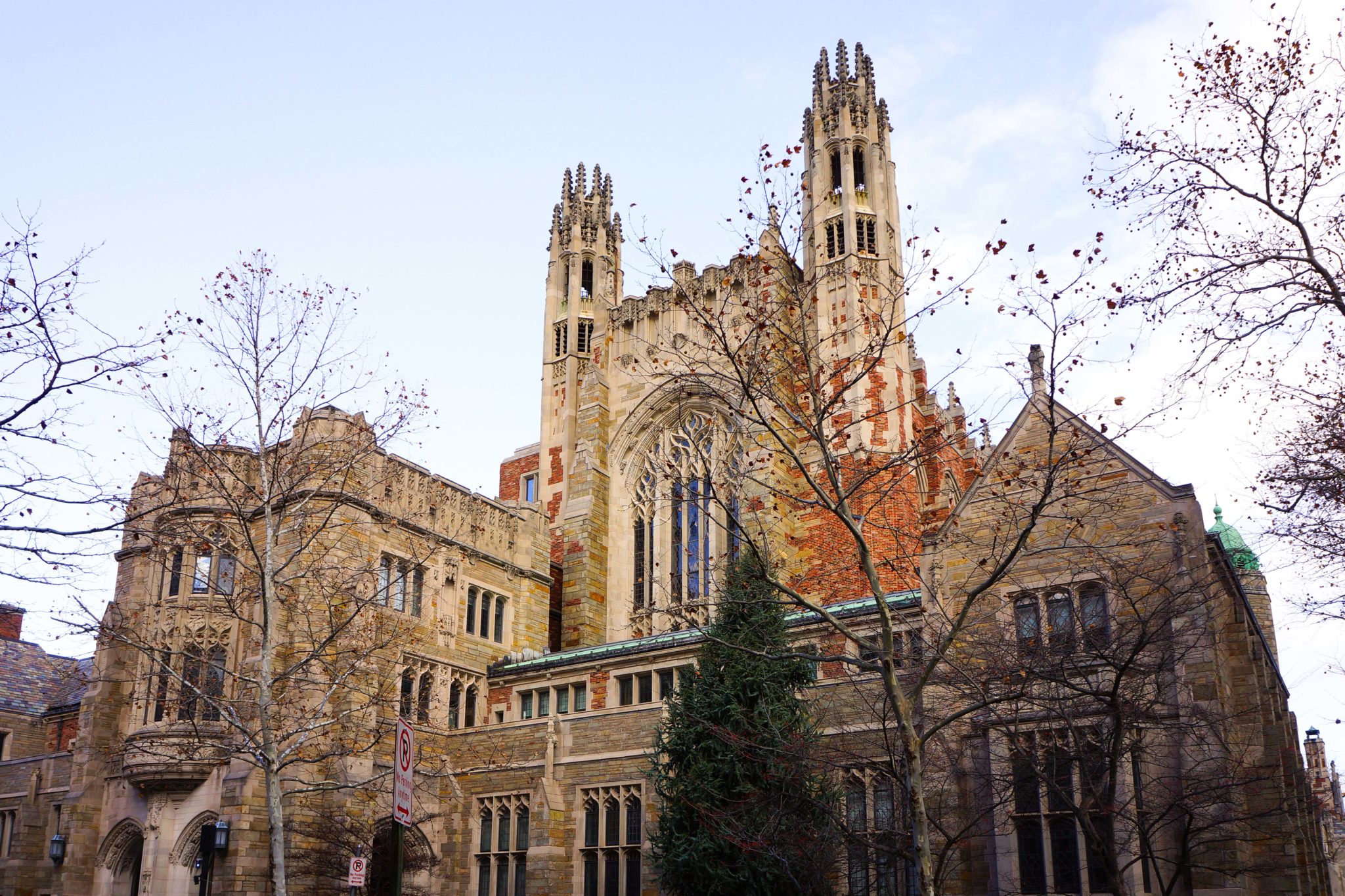Books to prisons: The Law School Library’s new social justice program
YLS’ library has launched a new social justice program to donate books to prisons.

Yale Daily News
After pausing due to the COVID-19 pandemic, a Yale Law School Library initiative that brings books to prisons is back.
The program first launched in 2020 and returned with a delivery in late February to a facility less than one mile from Yale Law School that did not have a library. The initiative was spearheaded by Julian Aiken, assistant director for access and faculty services at the Law Library. More than 1,300 books have been donated so far to several prisons and correctional facilities, and Aiken hopes to continue its expansion. He spearheaded the project with inspiration from Dwayne Betts LAW ’16.
“I started the YLS books to prisons project after some discussions with poet and (at the time) Law Ph.D. candidate, Dwayne Betts,” Aiken wrote in an email to the News. “Dwayne had been a prison inmate himself and described how he rediscovered a sense of freedom after being given a book of poems while in prison.”
Betts went on to create the Freedom Reads Project, which develops library spaces within prison housing units.
With Betts as an inspiration, Aiken first delivered over 700 books to the Cheshire Correctional Institute — a prison around 30 minutes away from Yale — in the weeks before COVID-19 struck in 2020.
“Inmates are often working on appeals or other legal questions, so we delivered a range of recent legal casebooks, as well as hundreds of popular fiction and non-fiction titles,” Aiken told the News.
The initiative continued growing after Aiken began working and sharing ideas with Miriam Benson, a senior administrative assistant at the Yale Law School. The two, alongside other members of the YLS community, expanded the focus beyond prisons to also include local jails, shelters and soup kitchens, Aiken said.
The team has reached out to various prisons, correctional facilities, women’s shelters and providers of services to the homeless in New Haven.
“The process for choosing the facilities to which we offer the books is somewhat organic, although the general criteria have been proximity, size and interest in accepting the donation,” Benson told the News. “The human connection and careful follow-up with each facility are quite time-consuming and critically important.”
When discussing the process for reaching out to locations and growing the project, she said that 95 percent of those reached have been “deeply appreciative of the outreach and sustained follow-up.”
The initiative returned after its pandemic hiatus on Feb. 22, with a donation of 300 books to the New Haven Correctional Center on Whalley Avenue, located 0.9 miles from the Yale Law School.
“Until our donation, the center had not had any sort of library, so it was great to be able to set them up with an excellent starter collection of adult and young adult fiction and popular non-fiction,” Aiken told the News.
Two other donations of 150 books each have been made to two shelters for victims of domestic violence and their children in Ansonia, CT.
The initiative continues growing, and Aiken said that he hopes to continue establishing libraries in prisons across Connecticut. He also thanked students, faculty, staff and local community groups who have donated the majority of the books and made the initiative possible.
“I will continue my outreach in close coordination with [Aiken] so that we will achieve our goal of reaching the maximum number of facilities without sacrificing comprehensive and appropriate follow-up,” Benson said.
Law Librarian and Professor of Law Femi Cadmus also commented on the initiative, saying that she had supported the initiative and that it “reinforc[es] the library’s mission” to provide information to underserved communities.
“The Books to Prisons project is just one of the ways that the library is fulfilling its longstanding commitment to dismantling the barriers to information access and literacy,” Cadmus told the News.
The initiative is currently in search of fiction or popular non-fiction in new or very good condition.







